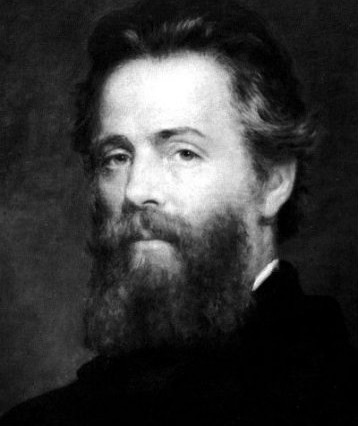Introduction
Herman Melville (1819–91), American writer par excellence, wrote this poem to commemorate those killed at a Civil War battle that took place along Chickamauga Creek in Georgia on September 19–20, 1863. The Confederate Army, under General Braxton Bragg (1817–76) defeated the Union Army, under General William Starke Rosecrans (1819–98). The casualties and losses of those two days of fighting—over 34,000—were higher than any battle of the war, save Gettysburg.
Identify and compare the subjects of the two stanzas. What distinguishes them, and what do they have in common? Who are the “brothers who victorious died,” and why will musing on them be an ever-pleasing memory? What does Melville mean by saying, “mischance is honorable too”? Why are those who died in “seeming defeat,” not knowing the conflict’s outcome, also worthy of memory?



Post a Comment